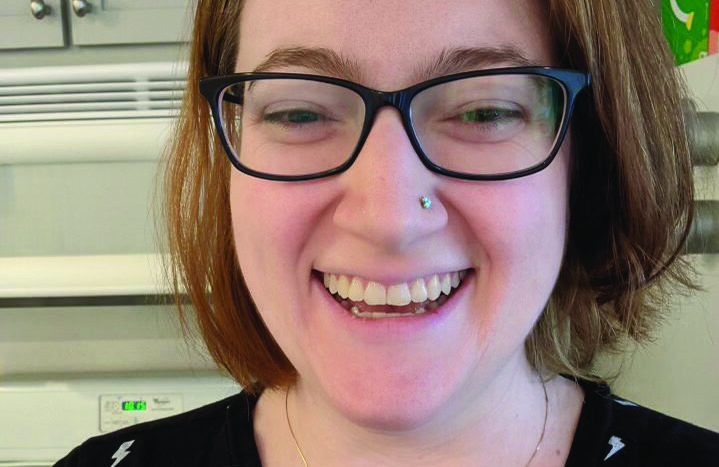At the City of Portland, two recent wins have made big progress towards more fair and equitable wages for PROTEC17 members, today and into the future.
Last year, when Capital Project Manager (CPM) II’s were organizing into our union, one of their main concerns was that there was no incentive for promotion from the PROTEC17-represented CPM I position. That’s because the wage scale was such that the CPM IIs at the bottom step actually made less than CPM Is. CPM IIs wanted their CPM I colleagues to retain their fair market value salaries, but wanted their own wage scale to reflect the additional responsilities, while encouraging advancement in their field.
In negotiating their accretion agreement with PROTEC17, the entry wage for CPM IIs went from $32.15 per hour to $42.79 per hour – a 28% increase! This alignment united the two classifications, and meets both CPM I and II’s interests around career growth and promotional pathways.
Bringing the CPM II’s into the bargaining unit and aligning their wages with the CPM I’s will now make this a more attractive classification for promotion. Previously there was little incentive to advance in the series because of the wage range. By joining PROTEC17, CPM IIs now have a guaranteed progression through a fair, market-rate wage scale, plus all of the protections found in a union contract.
In her own words
For Emily Tabachnick, an Information Systems Technical Analyst IV, her 14-year career at the City of Portland has been clouded by pay inequity.
In Portland, nearly all unionized positions across the Bureaus use step increases to determine employee wages. However, the Tech Bureau has been using merit increases for many years, citing it’s usefulness as a motivational tool, while in reality, the system has created deep inequities – especially for women and people of color.
Tabachnick, who also serves on the PROTEC17 Executive Board, wanted things to change. She is currently serving on the negotiations team for the next Portland contract, where, by sharing her story, she’s helping her current colleagues and future generations get the pay they deserve. Here is her story in her own words:
“I’ve been working as a woman in tech for the City of Portland for the past 14 years. One thing that’s been consistent, working in this male-dominated field, has been inequity. Every other bureau in the City has step increases for the first several years of their job classifications. But the tech bureau has been using merit increases instead. They’ve claimed it is a motivational tool for employees, but the reality is that the vast majority of people who get a full merit increase have all been white men. Merit increases have only been given in partial increments, on management’s whim, for women and people of color here in the tech bureau. We ran the numbers, the impact of bias is obvious and the truth is on our side. The City claims to want to advance in areas of equity, but they pushed back hard on this issue.
During this year’s contract negotiations, we were finally able to make an important change. I volunteered to join our negotiating team and then had the opportunity to share my story at the negotiating table. I’ve been in the same job classification for ten years and am only now reaching the top of the classification’s pay scale. For the majority of my white male counterparts, top of scale is reached in five years. They reach the top in half the time it takes for some of their coworkers, even when the work is done well by all and evaluations are overwhelmingly positive.
Because of my story being shared during negotiations, and the numbers being on our side, demonstrating how consistent these inequities have been, we’ve been able to reach a tentative agreement with the City to change the tech bureau over to use fair step increases instead of any merit-based wage scales. No more will implicit or unconscious biases impact the pay of the women and people of color in tech here at the City of Portland. I know now moving forward, if my niece or any other little girls grow up and go to work for the City, as I did, they will finally be paid fairly.”
Thanks to the work being done by PROTEC17 members in Portland and beyond who are breaking down barriers, new hires today and into the future will not face the same inequities that once existed


